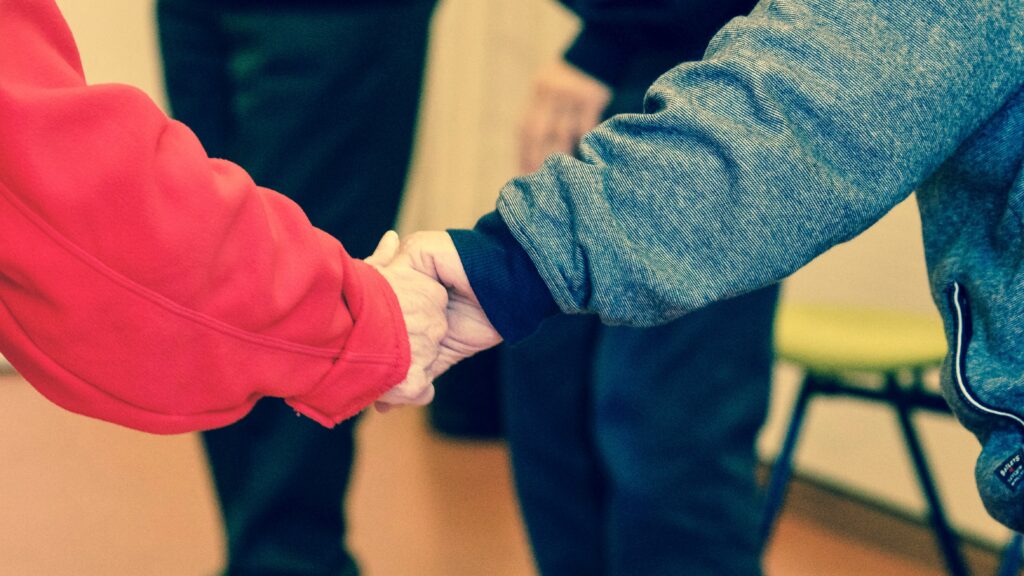Almost every care giver experiences burnout. Warning signs could be;
- Feeling anxious
- Feeling exhausted
- Lack of energy
- Feeling Isolated
- Avoiding people
- Neglecting your needs and health.
It can be difficult to recognise symptoms and can be easily overlooked. These can be;
- Lack motivation
- Losing interest in things that you liked or made you happy
- Not able to concentrate on tasks
- Constantly worrying
- Feeling of hopelessness
- Isolating yourself from people and activities.
Treatment and prevention
- Ask for help. It’s OKAY to reach out to family and friends to share certain tasks.
- Get support. Talking to someone about your feelings and emotions can help. Holding in your feelings and emotions will continue to feeling overwhelmed.
- Be honest with yourself. We can’t do everything. Recognise the tasks you can do. Delegate the tasks that you can supported with. Its ok to say NO!
- Talk to other caregivers. Being connected to other caregivers will allow you to share experiences with individuals who share same experiences.
- Take regular breaks will relieve some of your stress and restore energy. Even if it’s for 10 mins.
- Attend social activities. It is perfectly fine to get involved with community. Meeting friends, creating new bonds and being involved in meaningful activities important to maintain your happiness and prevent isolation.
- Pay attention to your feelings and needs. It’s easy to forget and neglect self-care when you are providing care to another person.
- Take care of your health. Maintain a healthy diet & sleep schedule. Keep up with your doctors appointments.
- Consider Respite Care. Using respite for a few hours or a few days is another option that would allow you to prevent carer burnout and allow you time for your health and wellbeing.
